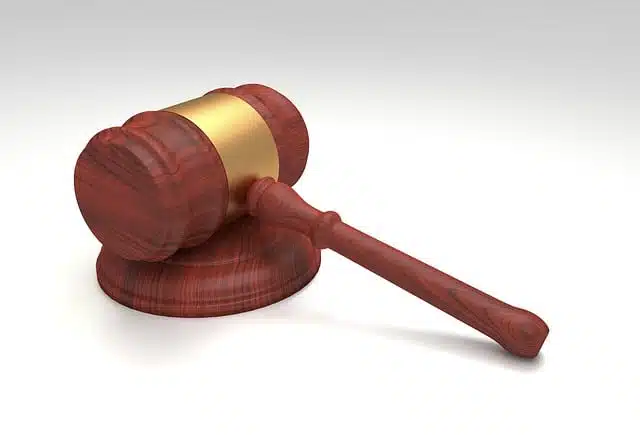
By promulgating a law, its existence is certified and its mandatory status is granted.
The first thing we are going to do before proceeding to determine the meaning of promulgate is to establish its etymological origin. In this sense, we can say that it is a word that comes from Latin, specifically from the verb promulgare , which is made up of two different elements:
-The prefix pro- , which can be translated as "forward."
-The verb mulgere , which is synonymous with "milk" or "extract."
The concept can refer to the publication of a regulation so that it is known by society and, in this way, is enforced based on its mandatory nature.
What is promulgate?
Promulgation, therefore, is a solemn and formal action carried out by an authority. By promulgating a law or other type of provision, its existence is certified and its mandatory status is granted.
For example: "The president promised to promulgate the adoption law as soon as it is approved" , "The versions indicate that the government is not willing to promulgate the norm" , "Promulgating regulations that protect farmers against natural disasters is essential to accelerate aid in emergency cases .

Typically, the president is in charge of enacting laws.
Differences with publication
Sometimes the difference between enacting and publishing regulations is often confused. It can be said that enacting consists of granting a concrete existence to a provision. Publication is the next step and is carried out when the content of the standard is disseminated : in this way, citizens become aware of what they must respect and comply with.
For some authors, the promulgation would be like the birth certificate of a law and the publication would be about the set of actions that are carried out to make it known to everyone and thus its compliance becomes mandatory for everyone. the citizens. In the case of laws in Spain , for example, this publication is undertaken using the BOE ( Official State Gazette ).
The enactment process in Spain
The Spanish Constitution of 1978 allows us to know this differentiation between one term and another. Thus, we can say that it was promulgated and sanctioned by the king ( Juan Carlos I ) on December 27 of that year, while it was published and came into force on December 29, 1978 .
In article 91 of that same Magna Carta, it is established that it is the monarch who has the powers to promulgate and sanction laws, as well as to order their immediate publication. How do you do it? Signing them, with the endorsement of the President of the Government, at the end of each text.
Although the details depend on each region, it could be indicated that the approval and sanction of a law is the responsibility of Congress or Parliament (that is, the Legislative Branch ). The promulgation, however, is the responsibility of the Executive Branch . Generally, it is established that if a law approved by Congress is not rejected (vetoed) by the Executive Branch within a certain period, it is automatically enacted.
